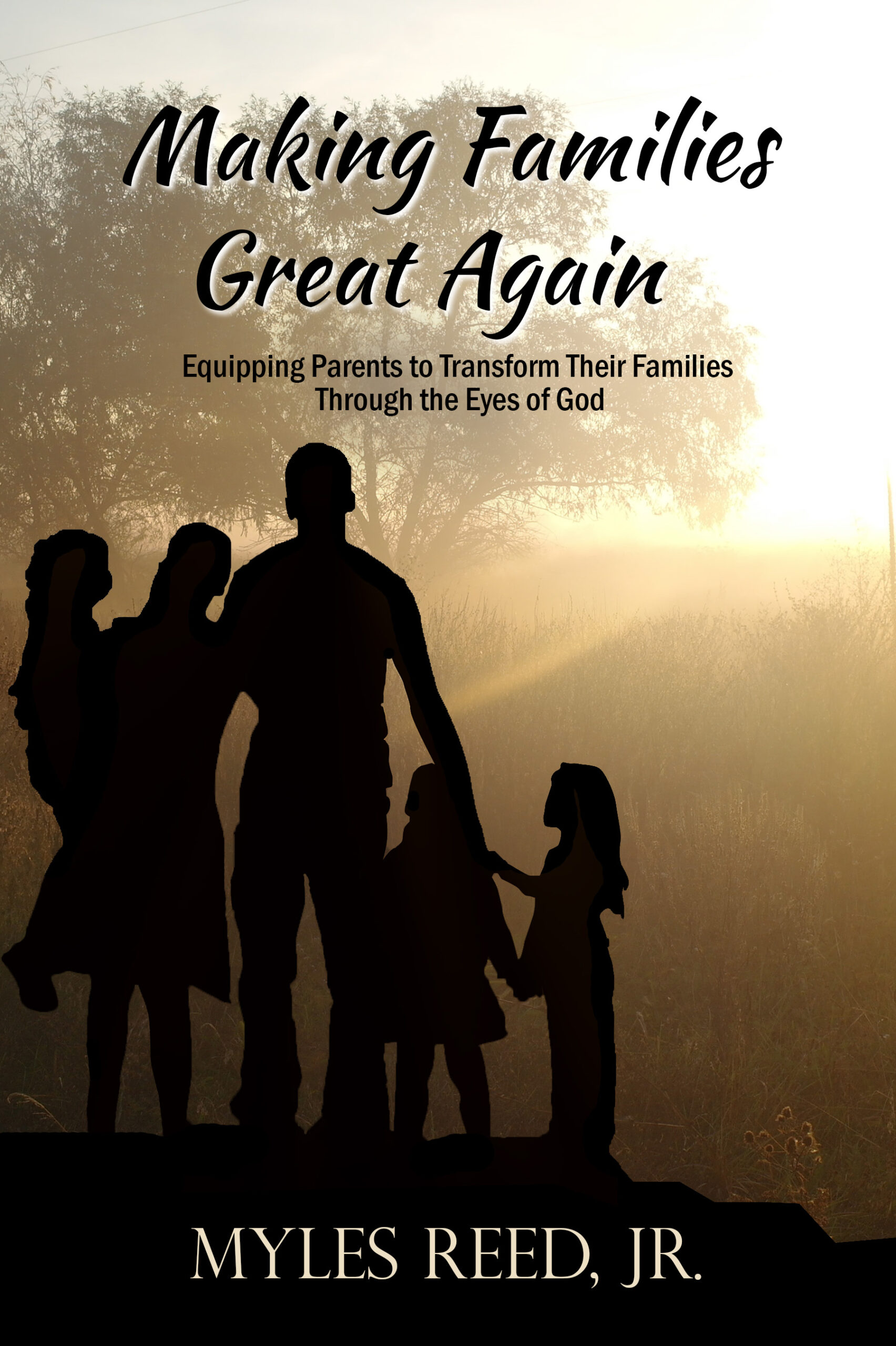Dave Barry writes some funny stuff, but can we take a great paragraph from his book Dave Barry Is Not Making This Up and make it even better?
A great paragraph:
The last fight I had was in the eighth grade, when I took on John Sniffen after school because he let the air out of my bike tires. Actually, I didn’t know that he did this, but he was the kind of kid who would have, and all the other suspects were a lot larger than I was.
What we might see for an improved version:
My last fisticuff was in the eighth grade, after school. I took on John Sniffen because he had let the air out of my bike tires. Actually, I didn’t know he had, but he was a kid who would, and the other suspects were a lot bigger.
Some logic for making improvements:
- After we have a sense of his point of view, we want to deepen the perspective when readers slip into his shoes. What will they be seeing?
- I’m not believing Dave Barry never had a conflict after the eighth grade. That might be the last time he used his fists, but there were many other fights. Therefore, “fight” isn’t the best word to give readers the picture that the author has. “Fisticuff” is better.
- How does “after school” modify “John Sniffen”? That phrase needs to be part of the scene setup: “in the eighth grade, after school” is better.
- “He let the air out of my tires” is present action for a previous event. The past perfect “he had let the air out of my tires” is better.
- Next we can tighten the focus on the verbs “know” and “would” by using “know he had” instead of “know that he did this.”
- An observer would say, “All the other suspects were a lot larger than I was,” but the tighter point of view would narrow the focus. Saying, “The other suspects were a lot bigger,” is better.




 Character is a critical key to becoming a person of quality, and it starts in the home!
Character is a critical key to becoming a person of quality, and it starts in the home!